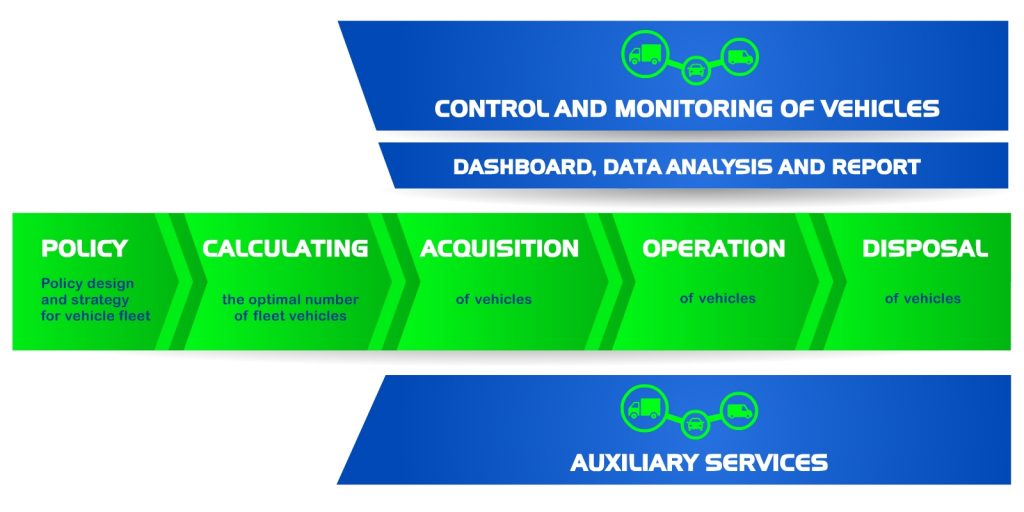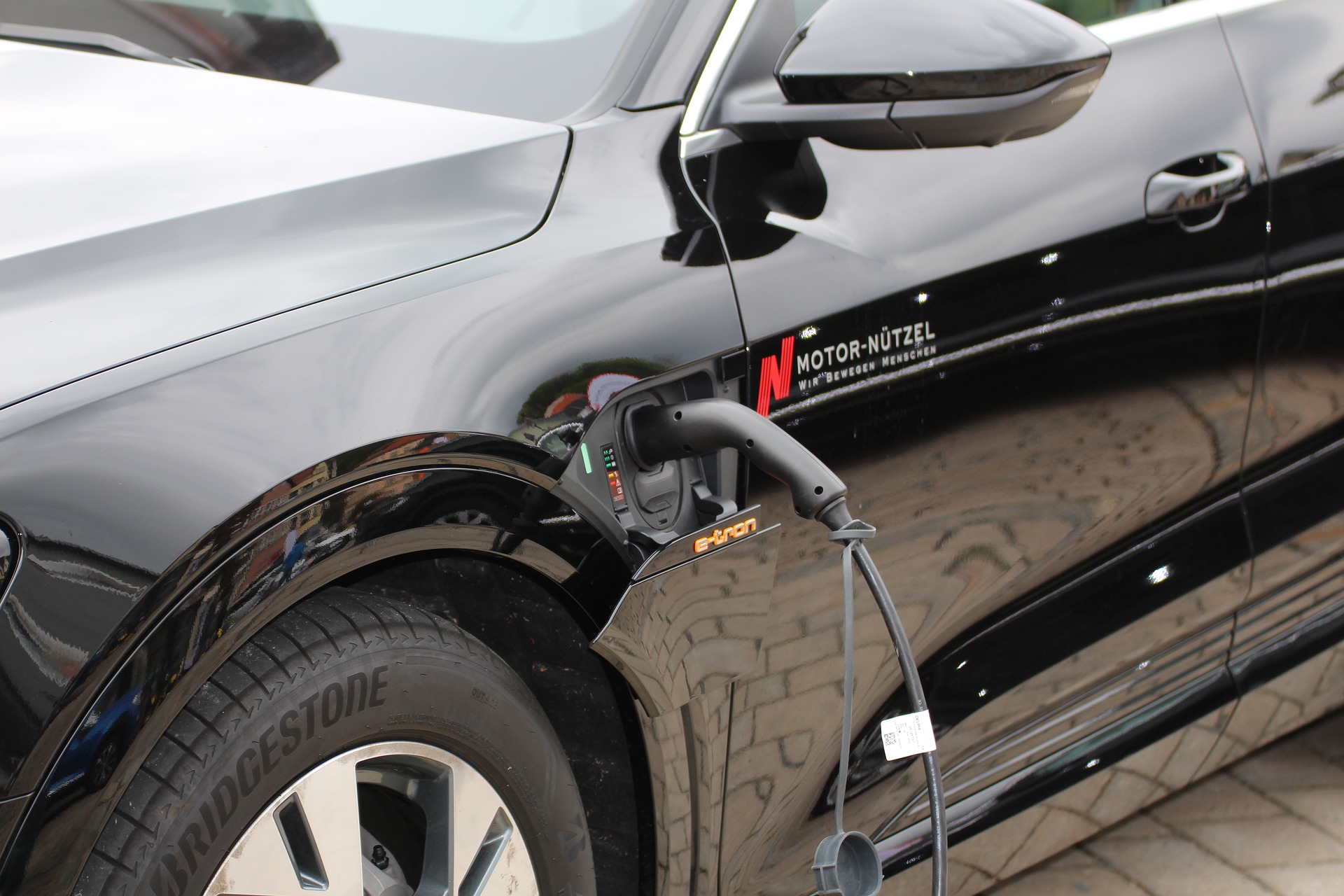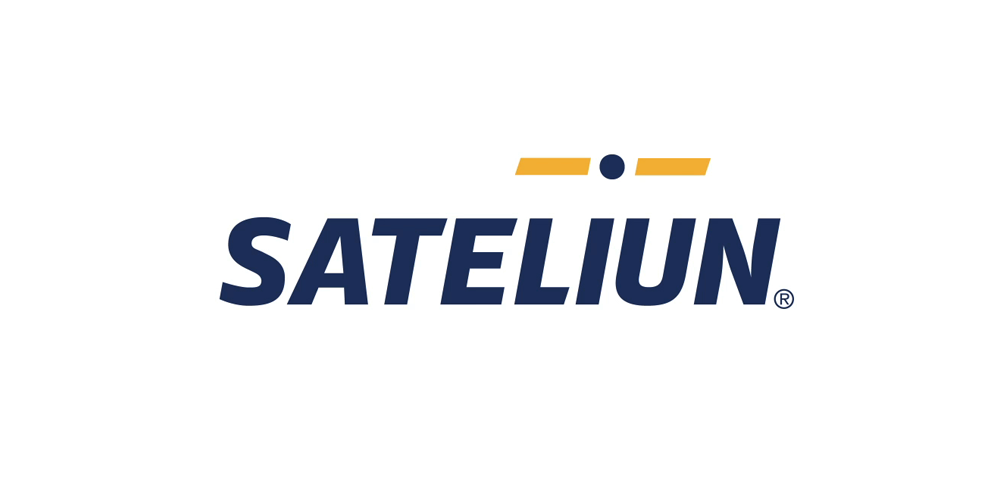Fuel or energy consumption represents one of the highest costs, and is the biggest factor behind the contaminating emissions of vehicle fleets. As such, appropriate measures must be taken in order to control and reduce these emissions.
The four biggest reasons to implement a fuel consumption and contaminating emission reduction programme include:
- Cost of fuel: this is the highest operating cost for a fleet and one of the biggest contributors to its total cost—along with the vehicle’s depreciation and the wages of the drivers—which can reach 40% in the case of goods transportation.
- Legislation: we need to adhere to current legislation pertaining to contaminating emissions, predominantly in urban environments, in order to use the fleet and provide our service, with this varying from country to country. For example, in Spain, 4 types of legislation affect fleets of vehicles: European Union legislation and legislation pertaining to the Spanish state, autonomous regions and municipalities.
- The company’s general policy: most companies include, in their general policies, some or all of the following directives and action measures related to sustainability, environmental protection, climate change and a commitment to reduce its contaminating emissions and CO2-related greenhouse effects and carbon footprint. Therefore, the fleet management should develop these policies.
- Clients/users: many suppliers are now required to run contaminating emission reduction programmes as a prerequisite for working with certain companies. Furthermore, users of fleets are also demanding less-polluting vehicles.
The biggest advantages of reducing fuel consumption and contaminating emissions are the following:
- Developing the company’s general policy regarding its commitment to reducing contaminating emissions, climate change, sustainability, environmental protection and its carbon footprint.
- Reducing variable costs has a direct impact on margin increase, which therefore has an impact on profits. We need lower working capital. We increase return on investment (ROI) and reduce fuel price variability, thus increasing the efficiency of the fleet management, as fewer resources are required.
- Adhering to current and future regulations regarding contaminating emissions.
- Increasing the satisfaction of clients, employees and fleet users, as the company is committed to reducing its contaminating emissions and is conscious of climate change, sustainability and its responsibility to act in an environmentally friendly manner. Furthermore, our clients are increasingly asking us to measure and reduce our CO2 emissions as a prerequisite of working with them.
- The fuel reduction programme is one of the most important measures in increasing and promoting initiatives related to the environment and sustainability within the company. This is the first step in the transition to zero emissions, although other measures can also be implemented.
- Acquiring a competitive advantage and improving the brand image, which we use to make us stand out from our competitors.
- Increasing the length of time for which the vehicles are used—if we implement a model based on the total cost of ownership (TCO)—to establish a period of vehicle renewal/withdrawal.
Advanced Fleet Management Consulting has developed its own methodology to reduce fuel and energy consumption and the contaminating emissions of a fleet of vehicles.
We implement our programme in all of our fleet management activities indicated in graph 1, achieving realistic reductions of 7-15% of fuel consumption and contaminating emissions.

Graph 1: fleet management activities

Download free our eBook “Introduction to Fleet management” that develops how to manage any type of vehicle fleet through all his activities and key factors.





























